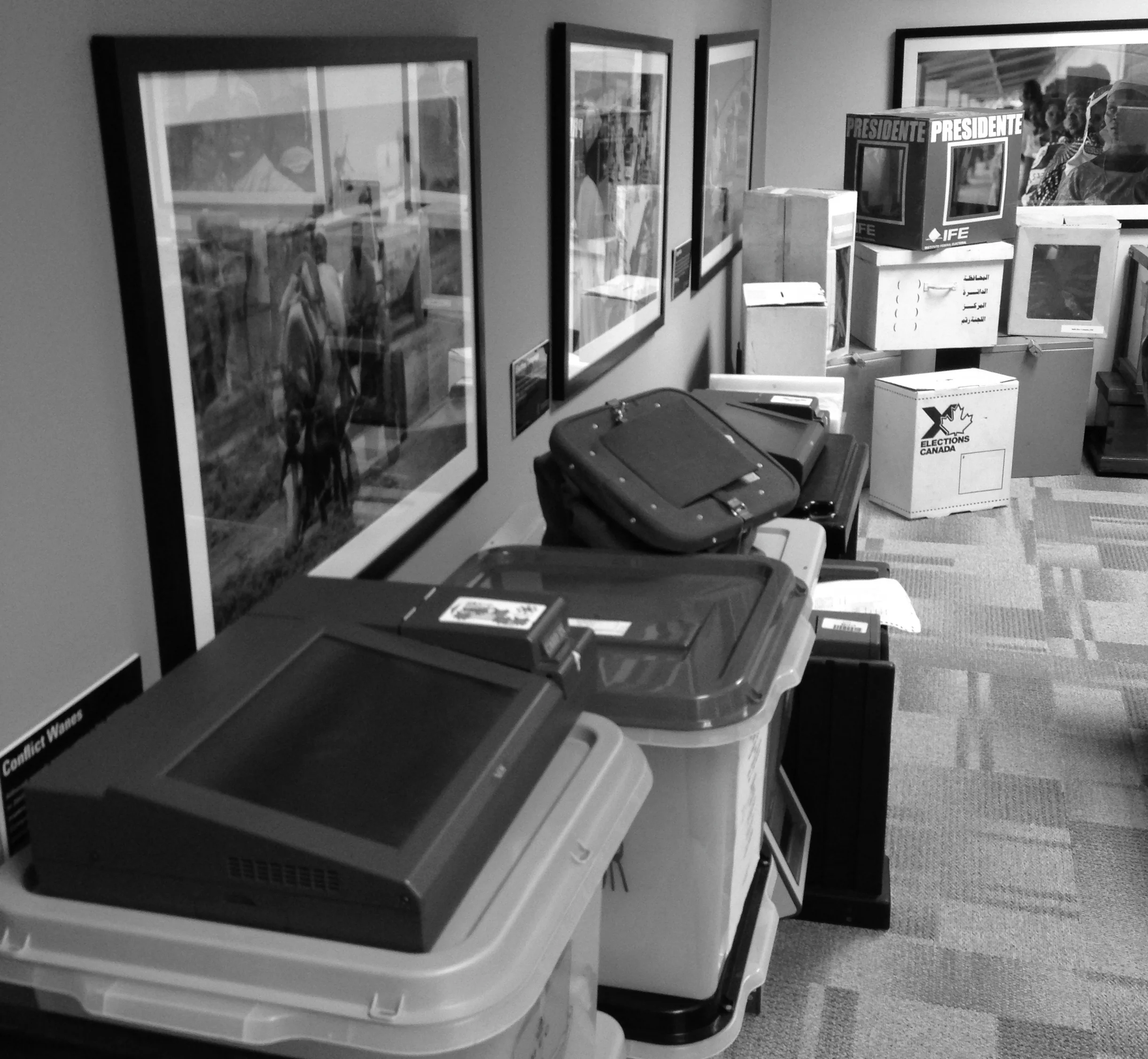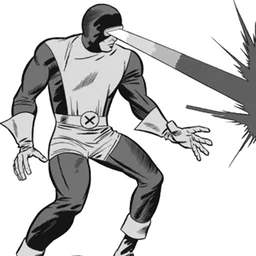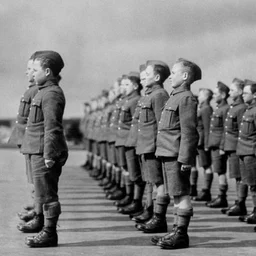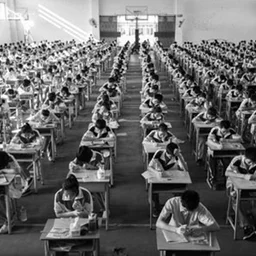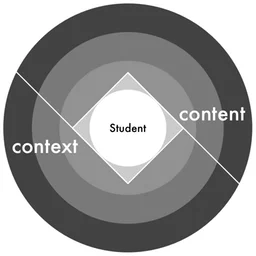the 3 C's of democratizing culture
/Aroundsquare's activities are diverse, but they have a single centre of gravity. They all have to do with helping to build a better world by supporting healthy learning and development. So we make toys that spark creativity and encourage active play. And we support educational initiatives all over the world, and especially those that are focused on empowering young people to help transform their communities, to make them more peaceful, more sustainable, and more just.
Read More

